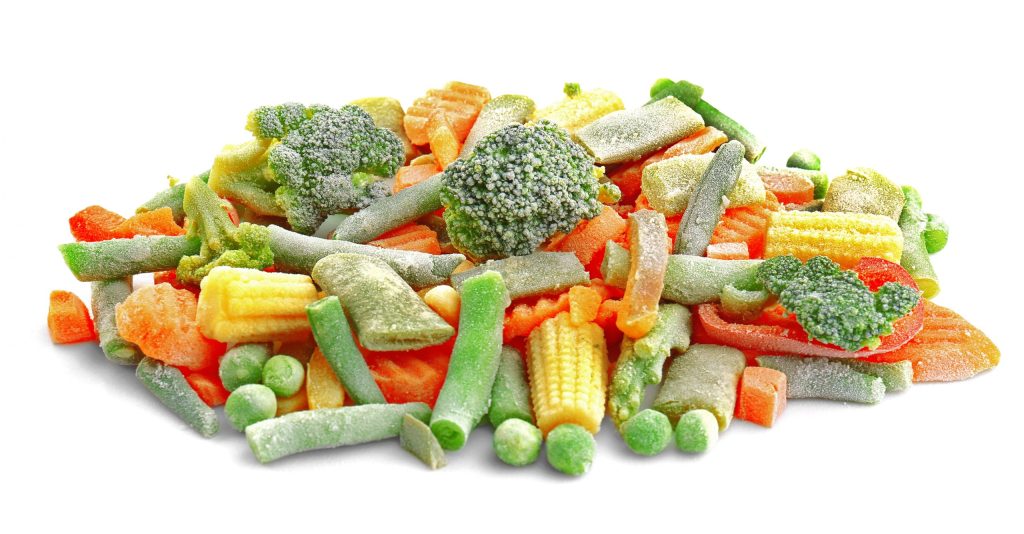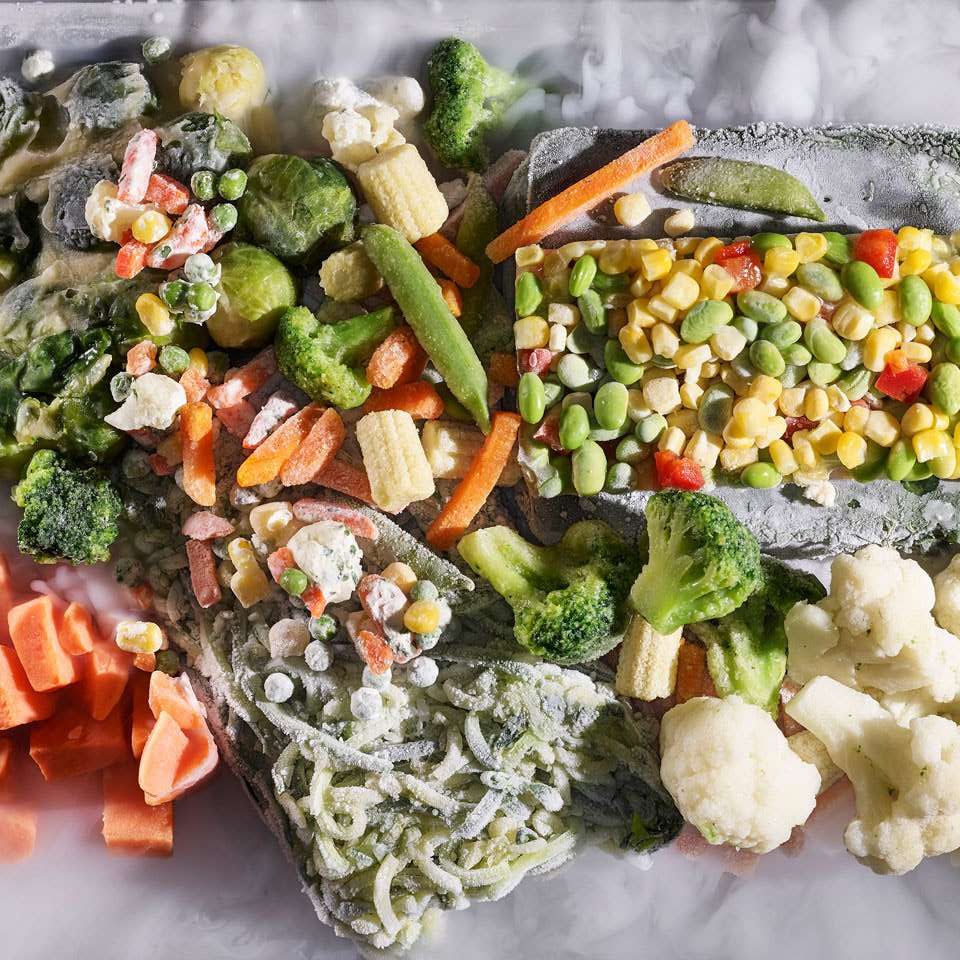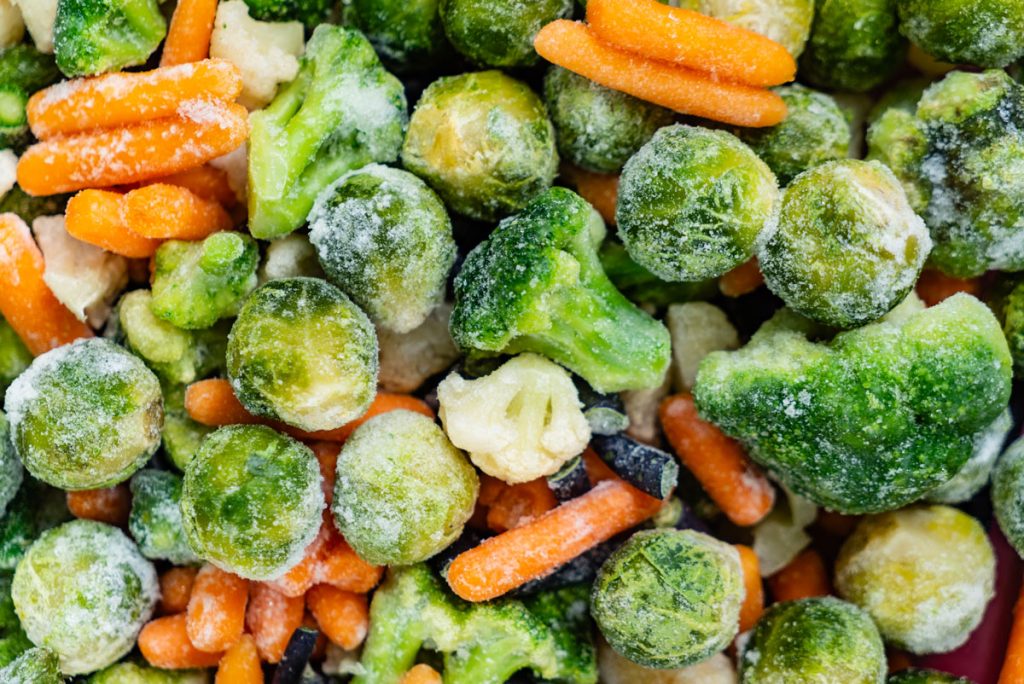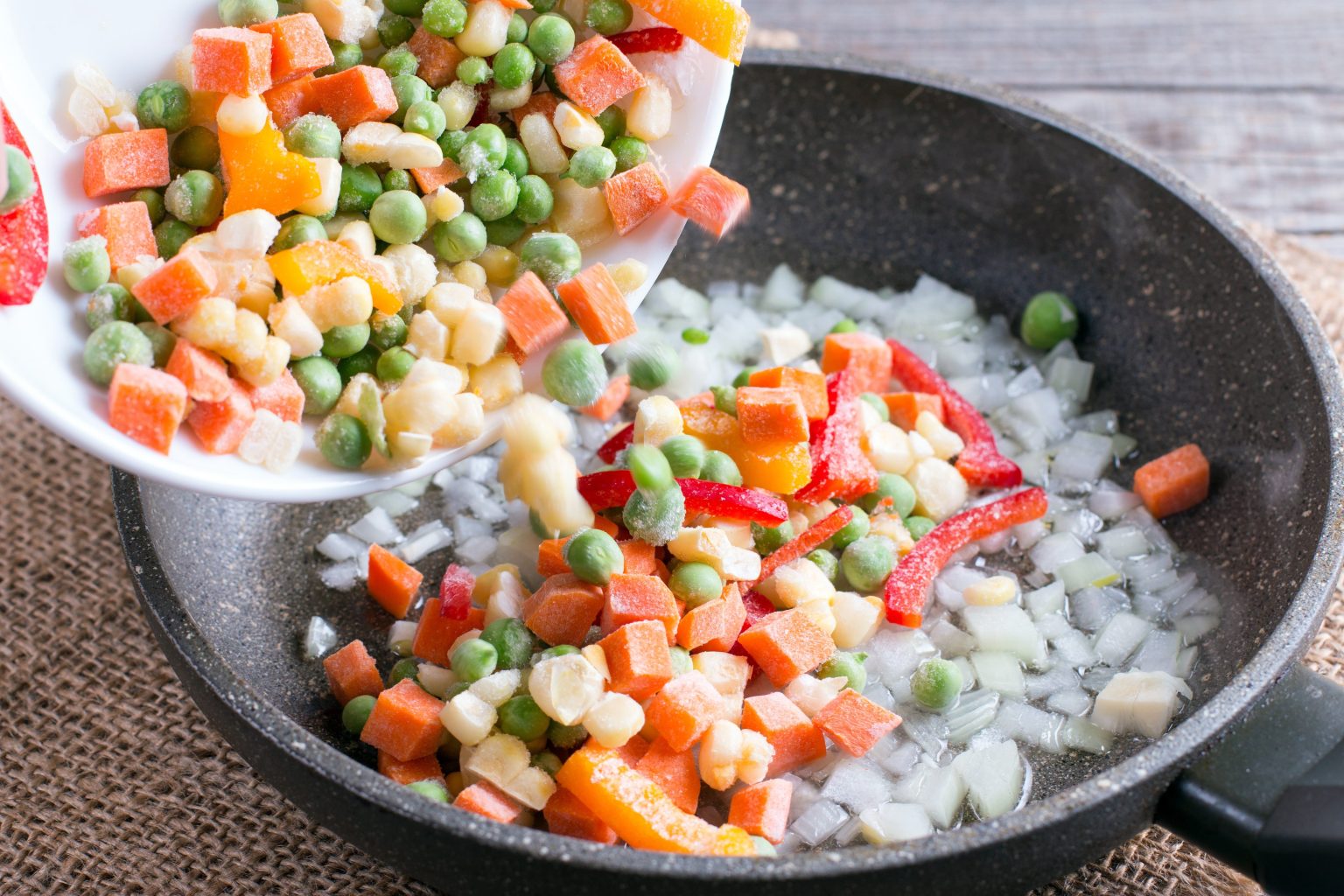Convenience frequently takes precedence over nutrition when it comes to meal choices in today’s hectic society. Frozen Vegetables, on the other hand, provide a balance between health and convenience. Frozen veggies are nutrient-dense and retain a significant portion of their freshness, making them an excellent choice for a well-rounded diet. However, what is the healthiest method for preparing frozen veggies? This extensive guide examines different cooking techniques, how they affect nutritional value, and how to get the most out of frozen veggies in terms of health benefits.

Knowing Your Frozen Vegetables
In order to maintain their nutritious worth, frozen veggies are picked at the height of their ripeness and swiftly frozen. Because of the way they are preserved, frozen veggies maintain their vital vitamins, minerals, and antioxidants, making them a convenient and wholesome choice. To maximize health advantages, it is important to choose the proper cooking method as cooking can alter the nutrients in food.
The Healthiest Ways to Cook
Steaming
Most people agree that steaming frozen veggies is one of the healthiest methods to cook them. The veggies are submerged in steam, which softly cooks them without destroying their nutrition. Vegetables can maintain their color, texture, and flavor by steaming them without the need for extra fats or oils.
Simmering
Although boiling is a popular cooking technique for frozen veggies, improper execution might result in nutrient loss. Use as little water as possible and don’t overcook to reduce the loss of nutrients. Furthermore, reserving the cooking water for soups or sauces helps keep any water-soluble vitamins that might have leached into the boiling water.
Warming up in a microwave
Because it’s quick and easy, freezing vegetables in the microwave is a popular option for people who are always on the go. Microwaving helps retain nutrients by using little water and short cooking times. On the other hand, overcooking must be avoided because prolonged exposure to high heat might cause nutrient deterioration.
Cooking over fire
Frozen veggies can retain their nutritional value and be given a better taste and texture by roasting them in the oven. You may add flavor to the vegetables without adding a lot of calories by tossing them with a little oil and pepper before roasting. When veggies are roasted at a reasonable temperature, they caramelize and acquire a delightful flavor.

Cooking Advice for Frozen Veggies
- Thawing frozen veggies before to cooking should be avoided as it may result in nutrient loss.
- When steaming or boiling frozen veggies, use as little water as possible to avoid nutritional leaching.
- To improve the flavor of frozen vegetables without consuming more calories, sprinkle them with herbs, spices, or citrus zest.
- Cooking too long can cause nutrients to degrade and texture to disappear, so watch out for this.
Explore More: A Global Exploration of Culinary Delights: Popular Foods
Advantages of Frozen Vegetables for Nutrition
Because frozen vegetables are high in nutrients, they have several health benefits. They are abundant in vital vitamins, minerals, and antioxidants that are vital for maintaining general health and wellness. Among the essential nutrients included in frozen vegetables are:
Vitamin C
Broccoli, bell peppers, and Brussels sprouts are just a few examples of frozen veggies that are a great source of vitamin C, which is necessary for collagen synthesis and immune system function.
K-complex
Vitamin K, which is necessary for healthy bones and blood clotting, is abundant in leafy greens like spinach and kale.
Dietary fiber, such as that found in frozen veggies, helps with blood sugar regulation, digestive health, and weight management.
antioxidants
Antioxidants like beta-carotene, lutein, and zeaxanthin are found in a lot of frozen veggies. These nutrients help shield cells from harm brought on by free radicals.

Including Frozen Vegetables in Your Nutrition
Soups, stews, stir-fries, salads, and more can all benefit from the addition of frozen vegetables. They are a practical choice for working people and families because of their adaptability and convenience. Take into account the following advice to get the most out of frozen veggies in your diet:
- Stock up on a range of frozen veggies so you’ll always have something to eat quickly and healthily.
- Try varying cooking techniques and flavor combinations to add variety and enjoyment to your meals.
- To make balanced and filling meals, mix frozen veggies with other healthful items like whole grains, lean proteins, and healthy fats.
- For a quick and nutrient-dense boost, try utilizing frozen vegetables as the foundation of homemade smoothies and soups.
In summary
An easy and wholesome way to increase the amount of fruits and vegetables in your diet is by using frozen vegetables. You may enjoy the delightful flavor and texture of frozen veggies while optimizing their health benefits by selecting the appropriate cooking method and adhering to these tips. Frozen veggies, whether steamed, boiled, microwaved, or roasted, provide a flexible and cost-effective approach to enhance your general health and wellness. If you want to gain the nutritional benefits and lead a better lifestyle, make regular use of them in your meals.








